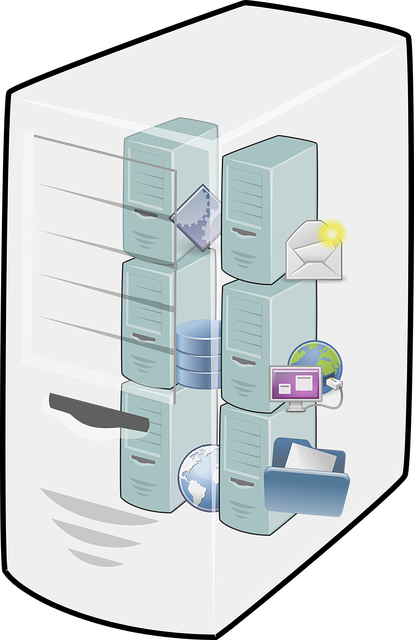Application servers play a crucial role in the modern world of software development.
They are responsible for managing and deploying software applications, as well as providing a platform for developers to create and test new applications.
In this blog post, we will explore what an application server is, how it works, and why it’s so important.
What is an application server?
At its most basic level, an application server is a type of software that provides a platform for running applications.
It acts as a middle layer between the operating system and the application itself, allowing the application to run on multiple operating systems without modification.
The application server provides a number of important services to the application, including:
- Connection management: An application server manages connections between the application and other resources, such as databases, web servers, and messaging systems.
- Resource pooling: The application server can manage a pool of resources, such as database connections, so that multiple applications can share them efficiently.
- Security: The application server can provide security services, such as authentication and encryption, to ensure that the application is protected from unauthorized access.
- Transaction management: An application server can manage transactions across multiple resources, ensuring that they are all committed or rolled back together.
How does an application server work?
An application server typically consists of two main components: the runtime environment and the administrative console.
The runtime environment is responsible for actually running the application. It provides a number of services to the application, including connection management, resource pooling, and security.
The administrative console is used by developers and system administrators to manage the application server itself. It provides a graphical user interface (GUI) for configuring the server, deploying applications, and monitoring performance.
When an application is deployed on an application server, it is packaged as an “Enterprise Archive” (EAR) file. This file contains the application code, along with any necessary configuration files and libraries. The application server reads the EAR file and deploys the application, making it available for users to access.
Why are application servers so important?
There are several reasons why application servers are so important in the world of software development:
- Portability: By running applications on an application server, developers can write code once and deploy it on multiple operating systems without modification. This greatly reduces development time and costs.
- Scalability: An application server can manage a pool of resources, such as database connections, allowing multiple applications to share them efficiently. This makes it easier to scale applications up or down as needed.
- Security: An application server can provide security services, such as authentication and encryption, to ensure that the application is protected from unauthorized access. This is particularly important for applications that deal with sensitive data, such as financial information or personal data.
- Management: An application server provides a centralized platform for managing applications. This makes it easier for system administrators to deploy, configure, and monitor applications, reducing the risk of errors and downtime.
Examples of application servers
There are many different application servers available on the market today, each with its own strengths and weaknesses. Some of the most popular application servers include:
- Apache Tomcat: Tomcat is a lightweight application server that is often used for deploying Java web applications.
- IBM WebSphere: WebSphere is a full-featured application server that provides a wide range of services, including transaction management, security, and messaging.
- Oracle WebLogic: WebLogic is a Java-based application server that provides a wide range of services, including clustering, load balancing, and failover.
- JBoss: JBoss is an open-source application server that provides a wide range of services, including transaction management, clustering, and caching.
Conclusion
In conclusion, an application server is a crucial component of modern software development.
It provides a platform for running applications, managing.
